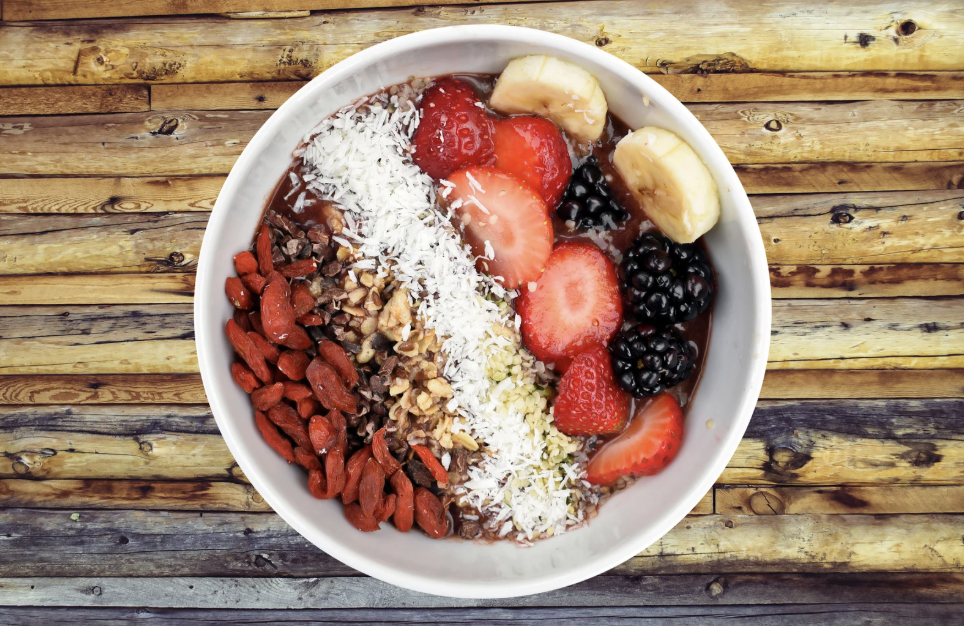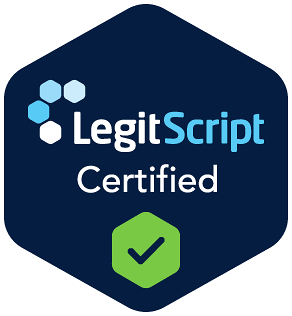Peer groups, also known as mutual aid support groups, are the backbone of addiction recovery. While family and friend support is essential to anyone returning home after residential treatment, most people find additional reinforcement within a sober network because it’s easier to share similar challenges and joys and have access to valuable resources. While you’re probably familiar with Alcoholics Anonymous (AA) and Narcotics Anonymous (NA), many other types of support groups also help your sobriety.
Benefits of Recovery Groups
The Mayo Clinic points to numerous benefits of mutual aid support groups in health-related circumstances, which we provide verbatim:
- Feeling less lonely, isolated, or judged
- Reducing distress, depression, anxiety, or fatigue
- Talking openly and honestly about your feelings
- Improving skills to cope with challenges
- Staying motivated to manage chronic conditions or stick to treatment plans
- Gaining a sense of empowerment, control, or hope
- Improving understanding of a disease and your own experience with it
- Getting practical feedback about treatment options
- Learning about health, economic, or social resources
“The common experience among members of a support group often means they have similar feelings, worries, everyday problems, treatment decisions, or side effects,” Mayo states. “Participating in a group provides you with an opportunity to be with people who are likely to have a common purpose and likely to understand one another.”
Different Support Groups To Try
At Northern Path Recovery Center, our addiction and dual diagnosis treatment programs offer the combined strength of evidence-based practices and holistic approaches that enhance wellness. We want to make sure you have access to all the right tools to continue to build a strong life in recovery. Here are just a few additional support programs you may find helpful.
Various 12-Step Groups
Founded in 1935 and 1953 respectively, AA and NA continue to provide grounded fellowship to many people maintaining sobriety. As a result, numerous other 12-Step programs adopted key philosophies to address more specific issues, such as:
- Adult Children of Alcoholics/Dysfunctional Families
- Al-Anon/Alateen Family Groups
- Cocaine Anonymous
- Co-Dependents Anonymous
- Co-Sex Addicts Anonymous
- Crystal Meth Anonymous
- Fentanyl Anonymous
- Marijuana Anonymous
- Nar-Anon Family Groups
The following 12-Steps mutual aid recovery programs provide more insight into certain compulsions:
- Clutterers Anonymous
- Debtors Anonymous
- Depressed Anonymous
- Dual Recovery Anonymous
- Emotions Anonymous
- Gamblers Anonymous
- Overeaters Anonymous
- Undereaters Anonymous
- Workaholics Anonymous
All of these programs are available online, and many offer in-person and virtual meeting options.
AA Agnostica
Some of the tenets of Anonymous groups refer to God or a higher power, which might be okay for some people but not others. AA Agnostica is a peer support group “where secular AA people were invited to share their experiences, strengths, and hope. For nonbelievers in recovery, the website has been, and continues to be, a comfort and an inspiration. Our only wish is to ensure suffering alcoholics that they can find sobriety in AA without having to accept anyone else’s beliefs or having to deny their own.”
Buddhist Recovery Network
This organization “promotes the use of Buddhist teachings and practices to help people recover from the suffering caused by addictive behaviors and is open to people of all backgrounds, and respectful of all recovery paths.”
Celebrate Recovery
People who follow Christianity and are in recovery may want more biblical teachings to reinforce the foundation of their sobriety. Celebrate Recovery is a “Christ-centered program for anyone struggling with hurt, pain, or addiction of any kind.”
SHE RECOVERS
This organization follows the philosophy of “redefining recovery, inspiring hope, ending stigma and empowering women in or seeking recovery from life challenges including mental health issues, trauma, and substance use, to increase their recovery capital, heal themselves and help other women to do the same.” There are online and in-person meetings, as well as educational programs and retreats.
SMART Recovery
Created by mental health experts in 1994 using principles of cognitive behavioral therapy, SMART stands for Self-Management and Recovery Training. “SMART Recovery doesn’t encourage participants to admit powerlessness over addiction. Instead, it shifts what’s known as the ‘locus of control’ and enables them to believe they have power over their choices.” Many people incorporate SMART Recovery and 12-Step practices at the same time.
Women for Sobriety
Founded in 1975, Women for Sobriety is “the first peer-support program tailored specifically for women overcoming SUDS (substance use disorders).” Through regional and online meetings, “the New Life Program provides supportive, empowering, secular, and life-affirming principles that address the unique needs and challenges of women in recovery.”
Find Continuing Care and Support at Northern Path
Leaving the structured environment of residential treatment can feel daunting. Managing triggers, cravings, and the challenges of daily life on your own might seem overwhelming at first. But at Northern Path Recovery Center, your success is our priority. At Northern Path Recovery Center in Fort Wayne, IN, you’ll not only discover different support programs but also have the benefit of our specialized Trac9 app. This method helps reinforce your continuing care plan and keeps you connected and engaged. Talk to a member of our admissions team to learn more.








